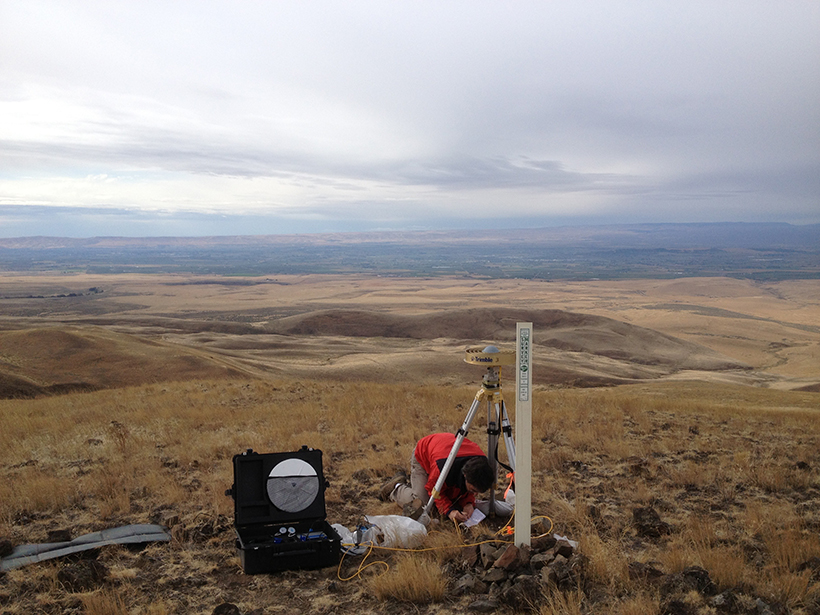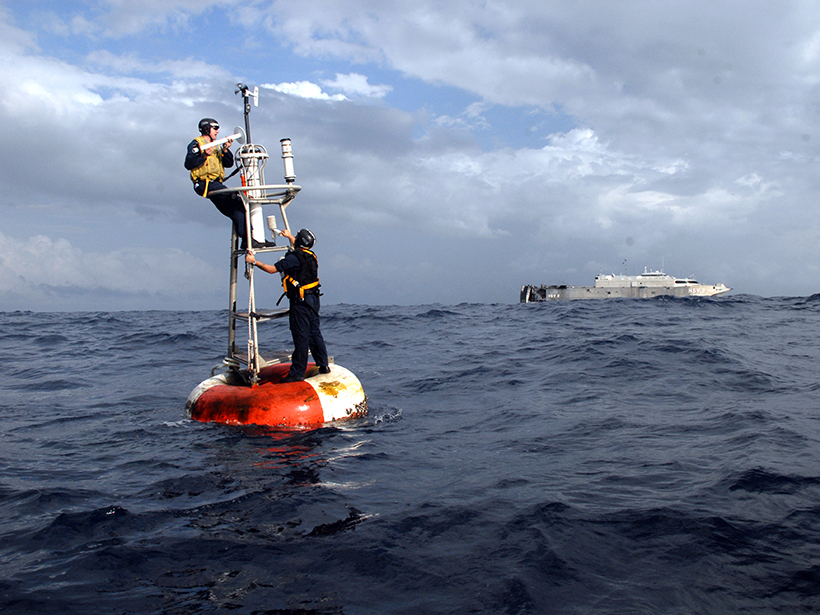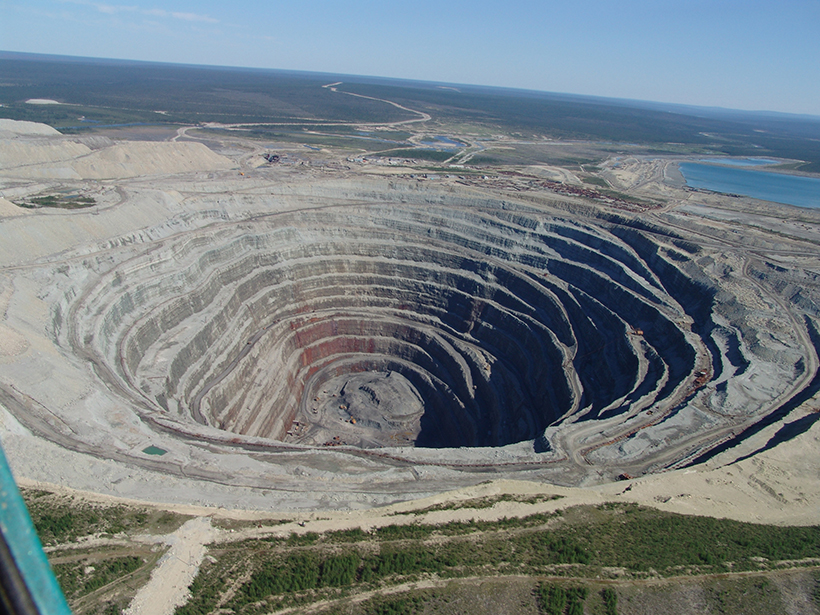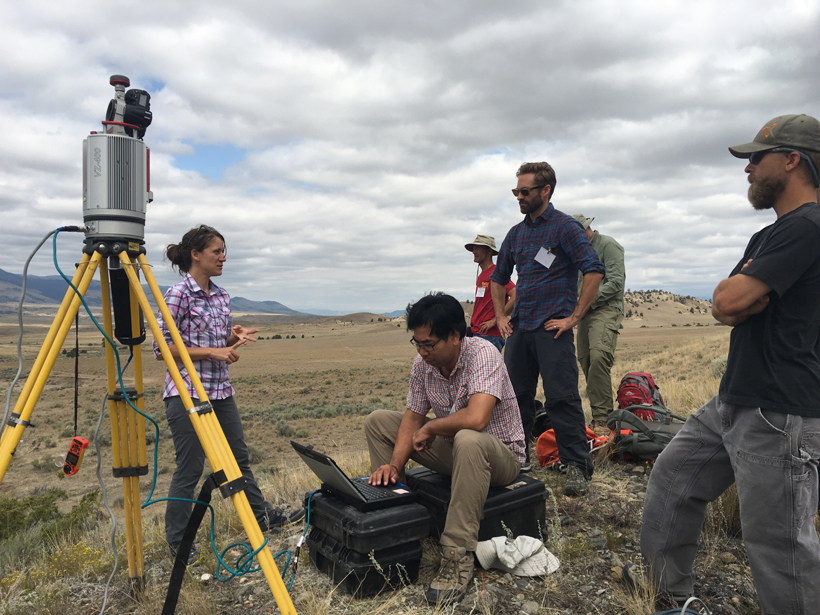6th Third Pole Environment (TPE) Workshop; Columbus, Ohio, 16–18 May 2016
Science Updates
Using Strain Rates to Forecast Seismic Hazards
Workshop on Geodetic Modeling for Seismic Hazard; Menlo Park, California, 19 September 2016
Expanding a 300-Year Record of Marine Climate
Fourth International Workshop on the Advances in the Use of Historical Marine Climate Data; Southampton, UK, 18–22 July 2016
Early-Career Scientists Explore Newly Discovered Methane Seeps
UNOLS Deep Submergence Training Cruise 2016; Woods Hole, Massachusetts, 28 July to 7 August 2016
Geological Insights from Malaysia Airlines Flight MH370 Search
A rich trove of marine geophysical data acquired in the search for missing flight MH370 is yielding knowledge of ocean floor processes at a level of detail rare in the deep ocean.
Cities Smarten Up and Go Green
CIENS Urban Conference 2016: Smart and Green Cities – For Whom?; Oslo, Norway, 13 October 2016
Saving Our Marine Archives
A concerted effort has begun to gather and preserve archives of marine samples and descriptive data, giving scientists ready access to insights on ancient environments.
Synthesizing Our Understanding of Earth's Deep Carbon
The Deep Carbon Observatory is entering a new phase, in which it will integrate 10 years of discoveries into an overarching model to benefit the scientific community and a wider public.
Integrating Topographic Imaging into Geoscience Field Courses
Using TLS and Structure from Motion (SfM) Photogrammetry in Undergraduate Field Education; Cardwell, Montana, 16–19 August 2016
Tackling Unanswered Questions on What Shapes Earth
Origin and Evolution of Plate Tectonics; Ascona, Switzerland, 18–22 July 2016










